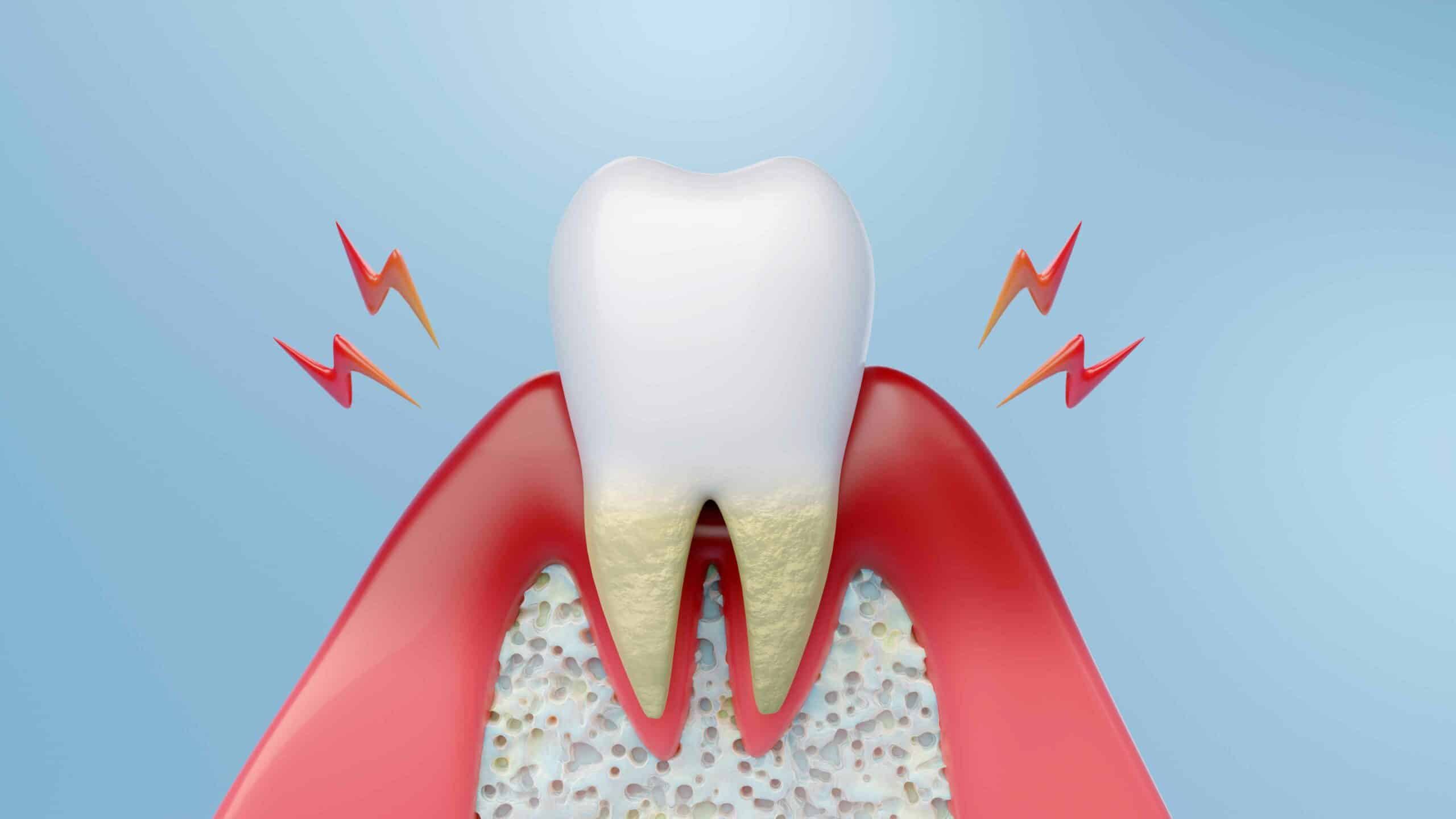
-
75 Housey St Building C Unit 102
Toronto, ON M5V 3Y2 - (416) 949-9797
One of the most disturbing things a dental patient, particularly a younger one, can hear after an exam is that they have gum disease. It makes them feel like the dentist and staff are judging them, thinking they didn’t have good oral hygiene, or that they will end up with dentures like their grandma. It can be a sinking feeling.



Providing sedation services with a caring staff to make your dental office visit a better experience.
We provide treatment options and consultations that improve your oral health now and prevent issues as you age.
Our new technology and educated dentists specialize in dental care that addresses both minor and major oral health issues.
From our patient and compassionate staff to the dental care we provide our patients, our dental office will keep you smiling for years to come.

Gum Disease Treatment
However, it doesn’t have to be that way today. Modern technology and treatments can keep gum disease under control and help your mouth heal. You may always be at risk, depending on your condition and situation, but you don’t have to lose your teeth.
We provide exams and x-rays to see the cause of the pain. Our capable staff will provide you with immediate relief and schedule additional appointments to resolve the problem.
Bentway Dental offers complete dental care so we can address any dental issue you have that caused the pain, whether it’s cosmetic dentistry to fix a chipped or broken tooth, an infection that may require a root canal, implants, or multiple teeth problems.
Our modern technology makes getting emergency work done simpler and easier for both the patient and the dentist.
Plaque can build up on your teeth and that eventually could lead to gum disease. Plaque is sticky and clings to teeth so it can be hard to remove, even for those who brush twice a day. Plaque also contains bacteria and, while some bacteria are harmless, other types can cause gum disease.
Even though most medical opinion stresses that gum disease is caused by inadequate oral hygiene, that may not be the sole or only factor involved in the growth and spread of gum disease.
Those who sleep with their mouths open or snore are more likely to have gum disease. Air dries out your mouth and that causes plaque and tartar build-up. Likewise, those who have sleep apnea are more prone to gum disease. Patients who are on certain medications may find they have tooth decay caused by the medications, which leads to gum disease. This can happen in younger patients, even children.
Those with particular chronic diseases like diabetes or Sjogren’s syndrome, who have had head or neck radiation, or certain other diseases are also more prone to develop more plaque and tartar on their teeth.
Diet has as much to do with plaque and tarter as oral hygiene. People who eat a lot of starchy or sugary foods are more likely to have it. Those who consume a lot of sugary drinks, whether it’s fruit drinks or soda will also likely have more plaque than those who drink milk and water.
Dentists don’t believe that genetics play a role in the amount of plaque a patient has but they could play a part in the type of teeth you have. Some teeth are more susceptible to decay than others.
Some early signs are clear warnings of gum disease. The primary signal that you have a problem is bleeding or swollen gums. Gums that bleed when you brush or floss is an early indicator of gum disease. Other signs are receding gums, larger spaces between teeth, and bad breath. You may also taste a metallic flavor in your mouth in your saliva.
Untreated gingivitis, or gum disease, leads to periodontal disease. It is at that stage that you could lose teeth or see more tooth decay.
Older people have an increased risk for periodontal, or gum, disease. Yet, it can happen to younger people depending on health, medications, and lifestyle. Most people don’t start to show signs of gingivitis until mid-life, as in their 30s or 40s. Also, men are more likely to have it than women.
The easiest way to eliminate gum disease is to catch it early. Early-stage gingivitis can be eliminated while more severe periodontic disease can only be treated.
The best way to treat gum disease is to go for regular dental checkups and cleanings. Those who have gingivitis may be told they need a deep dental cleaning. This is where the dentist or hygienist cleans underneath the gums as well as the teeth and the base of the teeth to remove plaque and tartar.
It typically takes two visits to get a thorough deep cleaning because the hygienist cleans one side of the mouth at a time since the procedure is more extensive than regular cleaning. The hope is that the gums will reattach to the tooth in their proper position since the barrier of plaque was removed. Removing the plague and bacteria that goes with it will assist in healing.
Those who have troublesome plaque issues, regardless of cause, may want to consider going three or more times a year to the dentist for exams and cleaning to keep gum disease under control.
Patients susceptible to gum disease may want to consider more assertive proactive oral hygiene. This can include brushing more than twice a day, flossing more than once a day, and getting devices like an electric toothbrush or a water pick. All of these types of things will help reduce plaque and tartar.
You may want to consider some dietary changes as well by reducing the amount of sugar in your diet and eating more fibrous snacks, like apples and carrots, that clean your teeth naturally.
Those who have spotted gingivitis or who are concerned that they may be prone to it should make an appointment with a dentist for an exam. We accept new patients and will be happy to discuss your concerns with you and develop a treatment plan to treat of eliminate gum disease.
Gum Disease Treatment
Many times, pain or broken teeth require two or more appointments to correct. The standard protocol of dental care is to provide immediate antibiotics and pain relief until your second appointment when more procedures are scheduled. We don’t delay those appointments and will get you back into our office fast so your dental needs are properly addressed.
Emergency care isn’t something you plan on financially either. Our office accepts insurance, and various forms of payments and can help you find financing options. You don’t need to live with an emergency dental problem out of fear you can’t afford to fix it.
Other services
Closed
11:00 AM - 8:00 PM
10:00 AM - 7:00 PM
11:00 AM - 8:00 PM
10:00 AM -6:00 PM
9:00 AM - 4:00 PM
9:00 AM - 4:00 PM
